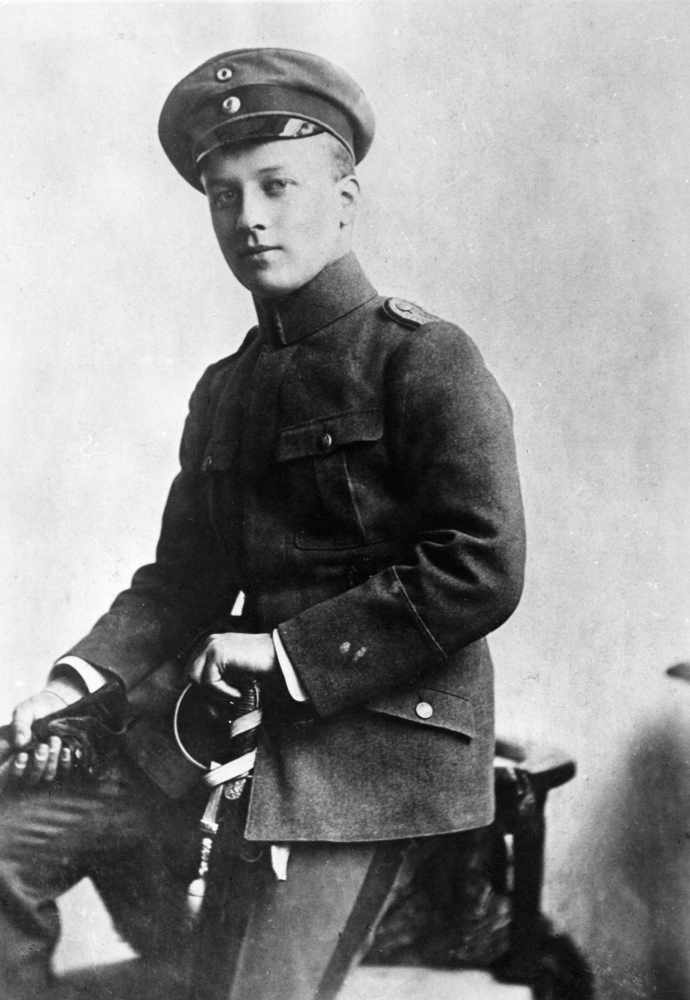Arco entstammte einer wohlhabenden, adeligen Familie. Nach seinem Abitur trat er in das Königlich Bayerische Infanterie-Leib-Regiment ein und wurde Offizier. Aufgrund seiner antikommunistischen und – trotz jüdischer Mutter – antisemitischen Einstellung ermordete er am 21.2.1919 den bayerischen Ministerpräsidenten Kurt Eisner. Unmittelbar darauf wurde er selbst von Eisners Begleitern schwer verletzt. Der Mord an Eisner machte Arco mit einem Schlag bekannt. Gerade in der überwiegend rechten Münchner Studierendenschaft wurde seine Tat unverhohlen begrüßt. Das Münchner Volksgericht unter Vorsitz von Georg Neithardt verurteilte ihn im Januar 1920 zum Tode, bescheinigte ihm aber zugleich ehrenhafte Motive und Gesinnung. Nach zahlreichen Protesten, einer Demonstration an der Universität und Putschdrohungen aus der Reichswehr begnadigte ihn der bayerische Justizminister Ernst Müller-Meiningen zu Festungshaft. Bereits 1924 wurde er in Erwartung einer späteren Bewährung entlassen und 1927 von Reichspräsident Hindenburg amnestiert.
Arco arbeitete zunächst als Redakteur beim „Bayerischen Vaterland“, später u.a. für die Lufthansa. Politisch trat er kaum noch in Erscheinung. Nur 1933 machte Graf Arco in München noch einmal von sich reden und wurde inhaftiert, nachdem das Gerücht in Umlauf kam, er habe ein Attentat auf Hitler geplant, was er aber glaubhaft widerlegen konnte. Arco starb 1945 bei einem Autounfall.


